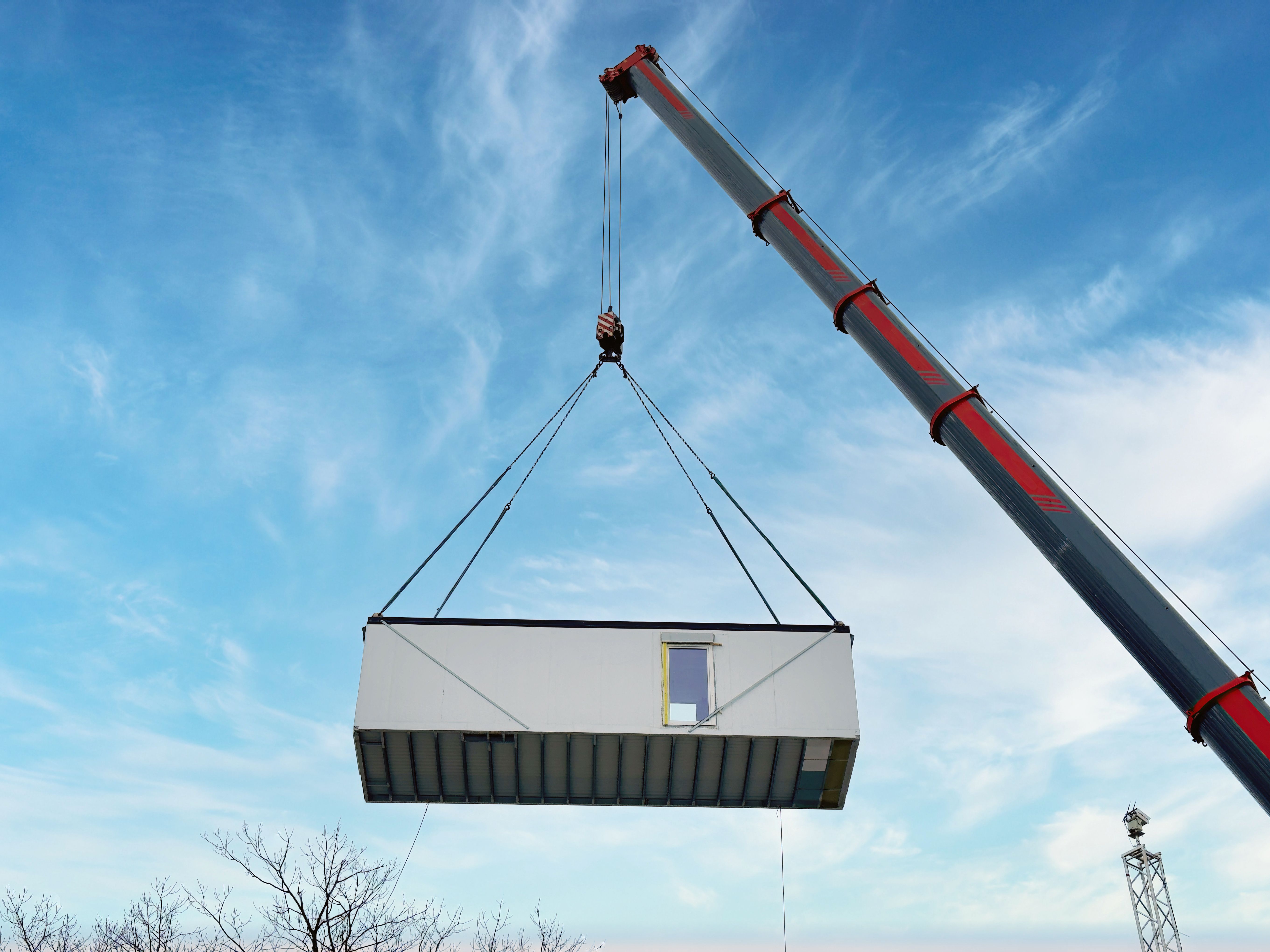Exploring Emerging Markets: The Rise of Full Modular Construction Solutions
Understanding Full Modular Construction Solutions
In recent years, the construction industry has been experiencing a significant transformation with the advent of full modular construction solutions. This innovative approach involves creating building sections, or modules, in a factory setting before transporting them to the construction site for assembly. This method offers numerous benefits, including reduced build times and decreased labor costs.
The rise of full modular construction solutions is particularly notable in emerging markets where rapid urbanization and population growth demand quick and efficient building solutions. These markets are increasingly recognizing the potential of modular construction to address housing shortages and infrastructure needs.

Benefits of Modular Construction
One of the primary advantages of modular construction is its ability to significantly reduce construction timelines. Since modules are built in a controlled factory environment, weather delays are minimized, and production can occur simultaneously with site preparation. This parallel processing can cut project timelines by up to 50% compared to traditional methods.
Another key benefit is cost efficiency. By optimizing material usage and reducing labor costs, modular construction can offer substantial savings. Factories can purchase materials in bulk at lower prices, and the streamlined assembly process reduces the need for skilled labor on-site.

Environmental Impact
Sustainability is another critical factor driving the adoption of modular construction solutions. The controlled manufacturing process generates less waste, and the use of precision machinery ensures that materials are used efficiently. Additionally, many modular buildings are designed with energy-efficient systems, contributing to reduced carbon footprints.
The shorter construction timelines also result in less noise and disruption on-site, which is beneficial for urban environments where space is limited, and noise pollution is a concern.
Challenges and Considerations
Despite its numerous advantages, modular construction does face challenges. Logistical considerations, such as transporting large modules to the site, can pose difficulties, particularly in densely populated areas. Additionally, there can be regulatory hurdles as building codes and standards may not always accommodate this relatively new approach.
However, as more projects successfully demonstrate the feasibility and benefits of modular construction, these barriers are gradually being addressed. Emerging markets are particularly poised to overcome these challenges by adapting regulations to support innovative building methods.

The Future of Modular Construction in Emerging Markets
With global populations continuing to rise and urban areas expanding rapidly, the demand for efficient and sustainable building solutions will only increase. Modular construction offers a promising solution to meet these demands, particularly in emerging markets where traditional building methods may not be adequate.
The future will likely see more investment in modular construction technologies, greater collaboration between governments and industry stakeholders, and continued innovation to improve efficiency and reduce costs further. As these advancements take hold, full modular construction solutions will likely become a mainstay in the construction industry worldwide.